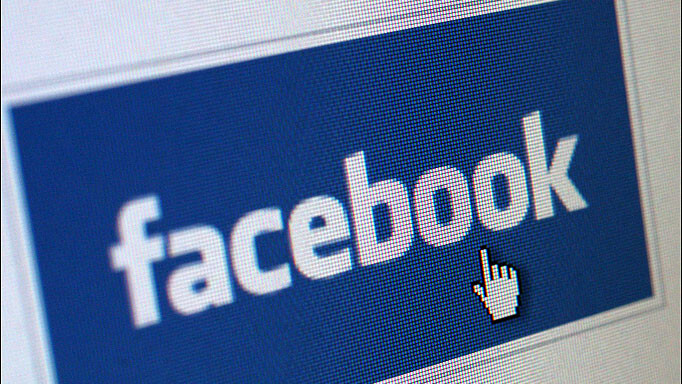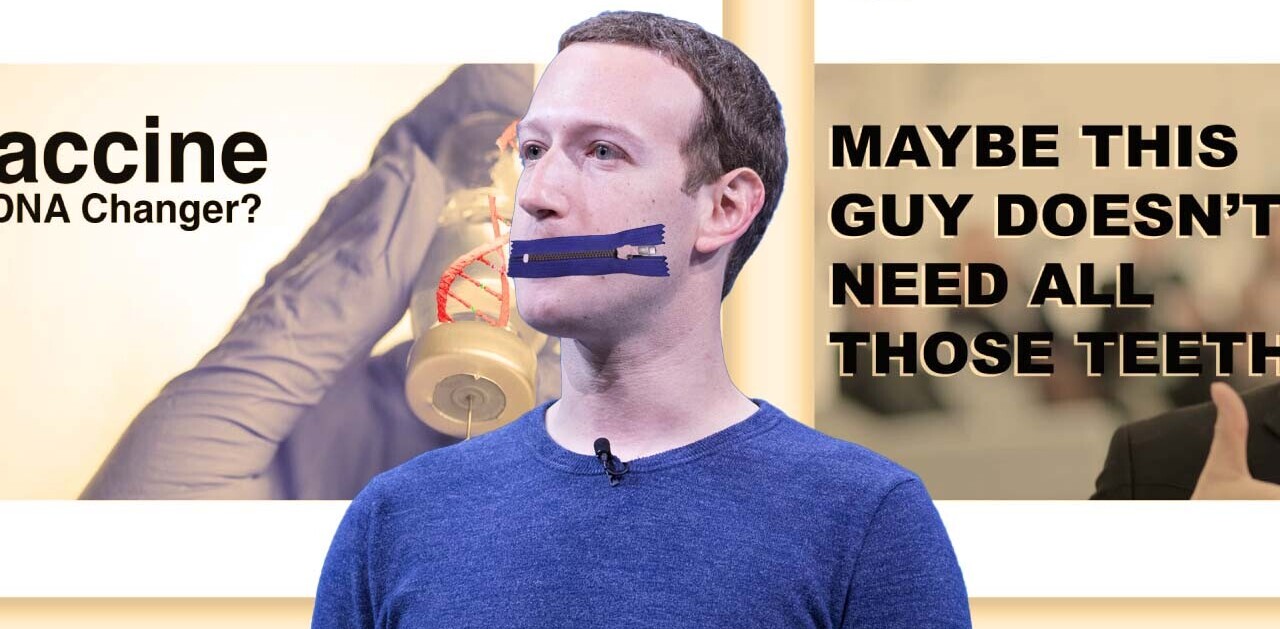
Whenever reps from the big digital behemoths take to the stage to discuss their respective companies, people tend to listen. Whether that’s Apple, Twitter, Microsoft, or Facebook, folk want to know what the people from these companies have to say.
At Wired 2011 today, Joanna Shields, Facebook VP & Marketing Director for Europe, Middle East and  Africa (EMEA) talked technology, data privacy and the London riots.
Africa (EMEA) talked technology, data privacy and the London riots.
“I think technology is finally catching up with human behaviour”, Shield says. “What we’re starting to see is the power sharing and the power connections leveraging and taking advantage of the groundwork and technologies that have been established over the past 15 to 20 years”.
Perhaps one of the truest things Shields said throughout her keynote was that if we could go back 5 years and show ourselves how much stuff we share today we would probably be pretty shocked. Facebook’s gradual rise from its first million users in December 2004 through to the 800m users today – with users on the network at any given point recently peaking at 500m – has seen a shift in the way we treat our personal information online.”The amount of things we’re sharing has grown exponentially”, says Shields. “Sharing has doubled over the past 12 months. People share 5bn pieces of content each day”.
That’s actually an interesting statistic to look at. In February 2010, it was reported that Facebook users were sharing 5bn pieces of content per week. “And it’s going to double again next year”, continued Shields. “It’s substantially changing the way we live our lives and interact with each other”.
The birth of a new medium. “The social wave”

The last year has been a good example of what Shields calls ‘the social wave’, with the Arab Spring highlighting the power of social platforms. “After that we had the earthquake and tsunami in Japan”, says Shields. “And hurricanes and tornadoes in America. People have come together and raised more money than ever before for the likes of the Red Cross and Save the Children. Humans have used technology platforms to come together and help each other”.
The other side of Facebook
Whilst there’s little argument that Facebook – and other social networks – have many benefits for both individuals and businesses, the issue of data and privacy hangs like a ten-tonne weight around Facebook’s neck. The company is huge and it holds a hell of a lot of data on hundreds of millions of people around the world. Surely that’s a problem? “Whenever you have something new, there’s always a bit of anxiety”, says Shields. “It’s more about educating people and making sure they understand the use of data, exactly what we do and being transparent”.
Hmmm, okay. But what about all the cookie-related issues that have been reported in recent weeks? Facebook recently confirmed that the way it collects information from its users may result in the transmission of user data from third-party websites, even when they are logged out. And not long after, it was revealed that a Facebook user from Kansas (a lawyer) was suing the social network on behalf of the US’s 150 million users for its tracking cookies. So what gives?
“Last year we went through the process of making our privacy side a lot more transparent”, says Shields. “This kind of reminds me of when caller ID came out, everyone was so concerned that someone could see your telephone number when you called. I bet nobody in the room will answer a call now if they can’t see who it is. Over time we see new ways of interacting with each other and with the Web. And all those paradigms are being developed over time. Our policy as a company is to be absolutely clear and transparent with what we do with all the information”.
So how does Shields think Facebook is doing overall on the data and privacy front, and what about all the reports that we read about security issues on Facebook. “I think it’s a process”, says Shields. “And a lot of these news reports are wrong, most of them are incorrect. Some of them take us slightly by surprise. It’s really hard to anticipate use-cases, and eventualities when people are using these things in new ways for the first time”.
Social media during the London riots
Perhaps by coincidence, the subject of the London riots has popped up during all of The Next Web’s pieces from Wired 2011 today. Whilst Gil Hirsch from Face.com said that it would be very difficult for his facial recognition technology to be used as a sort of crowdsourced crime-fighting tool for vigilantes, US ‘super cop’ William Bratton noted that social networks have played a big part in the recent troubles, but said that they can also be used by the authorities to monitor and predict where trouble may flare up.
A lot has been said over the past couple of months about the UK government’s finger-pointing at social networks, with speculation mounting that they may seek to close them down during times of crisis. So what’s Facebook’s take on the whole thing? “Our experience is based on true identity”, says Shield. “In order to pull together any group of people, you have to be uniquely who you are. So if you’re going to do something wrong, you’re going to get caught. Facebook can’t be used as a mask”.
When asked if she thought the government would seek to close down social networks such as Facebook during times of crisis, Shields simply said. “I don’t think that’s in their plans”.
Get the TNW newsletter
Get the most important tech news in your inbox each week.





